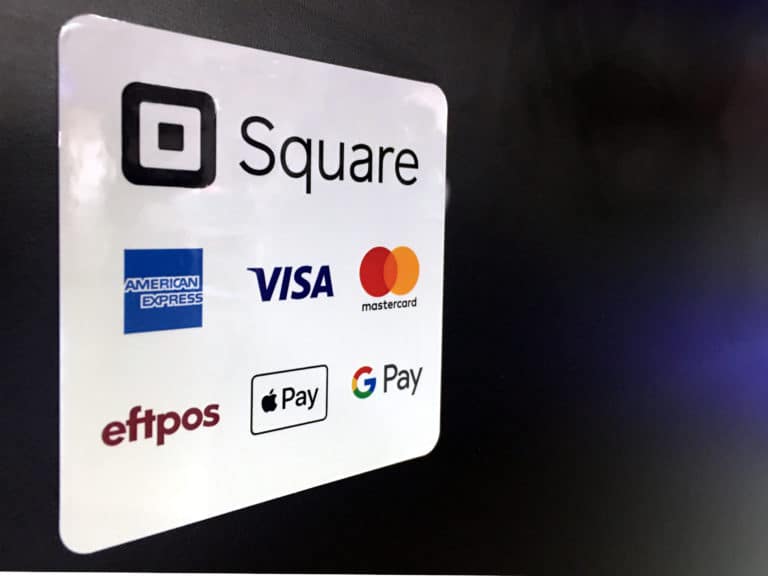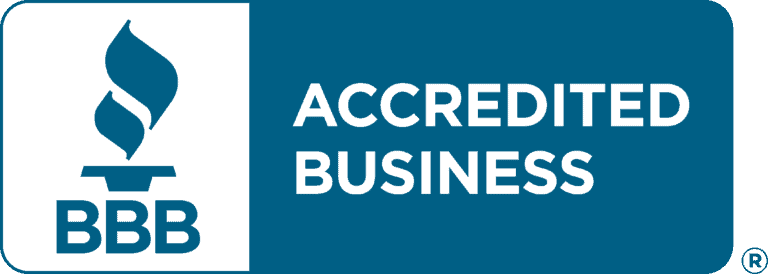As more businesses create a digital presence, the ability to process credit cards and online payments has become standard operating procedures. Beyond the weekly and monthly expenses business executives deal with, merchant fees are a nightmare. If you are not conversant with the financial jargon, statements, rates, and charges, you could be at a loss as to what the best is for your business. This is often where merchant aggregators become a part of the conversation.
A cashless world means more people will be opting for online payment during the purchase of items. According to a study, digital, credit, and debit card payments will be the primary payment method by 2024. Thus, it is essential to know if you are being overcharged for using a merchant fee service.
This article will dive into merchant fee services and procure a solution for your business.
What are Merchant Service Fees?
Merchant services are costs incurred by a business when processing online payments for customers. These costs are paid to the financial service utilized during the payments by customers.
The amount of these fees depends on several factors, including the type of credit or debit card, risk of the transaction, location of the customer, capture approach, payment channel, and the business’ field of trade.
Merchant Service Fees Breakdown
Merchant service fees for processing customer payments are costly when reviewed closely. In this section, we will take our time to deconstruct these fees so that you can see how payment services are overcharging you.
Interchange Fees
Interchange fees are charges merchants pay to their customer’s card-issuing bank to approve the said customer transactions. These fees are paid to cover and handle financial risks by approving the customer’s transaction. Noticeably, while card associations set these charges, they usually are paid to the customer’s bank that issues the card.
Depending on the card issuer, some of these fees range from 1.29% to 3.5% per customer transaction. Interchange fees typically take up to 90% of transaction fees generally.
Assessment Fees
Credit card companies typically charge assessment fees added to customer transactions and interchange fees. While interchange fees go to the banks, assessment fees remain with the credit card companies.
These fees range from 0.11% to 0.15%.
Merchant Account Provider Fee
For your business to be able to accept online payments, it must have a merchant account. While the account accepts payment, the merchant account provider or aggregator (such as PayPal, Stripe, and Square) helps deposit the payments regularly to the account.
This account provider or aggregator charges a fee. The business type and transaction volume determine the cost. Businesses would also have to pay a monthly maintenance fee and extra fees for payments disputed by customers.
As a business executive, you should review how much your business constantly spends on merchant account provider or aggregator fees. Providers utilize different fee structures, which can be difficult if you plan on comparing various providers.
Some of these fee structures include:
- Flat Rate: Businesses pay set amounts for every transaction that PayPal, Stripe, and other providers process. It does not matter the card type.
- Interchange-Plus: Providers process assessment and interchange fees with a percentage or flat-fee markup in this payment structure. Percentage markups are typically expensive. Thus, for a growing business, you should opt for flat-fee markup.
- Membership Model: This model is quite similar to the interchange-plus. In this case, businesses pay direct interchange and assessment fees, monthly fees, and a flat fee that ranges from $0.05 to $0.10 for each customer transaction. This model is quite suitable for both small and big businesses.
Tiered Pricing
This payment model separates customer payments charged by providers into three tiers.
- Qualified Payments: These are payments made by non-reward credit cards and debit cards that customers insert or swipe at the point of purchase. These payments are deemed low-cost and low-risk.
- Mid-qualified Payments: These payments are made by debit and non-reward credit cards used during online payments. In this case, the billing address must be verified during checkout.
- Non-qualified Payments: These payments are higher costs that are riskier than the others. In this case, customers used high-reward credit cards and keyed-in transactions. Providers can charge businesses for these transactions as high as 4%.
At Expense To Profit, we take conscious effort into ensuring that businesses generate high revenues while lowering their daily and monthly expenses. Merchant fee services are one way you can cut back on costs.
Introducing ChargeToday
ChargeToday is an industry-leading merchant service provider and payment solution for businesses today. This service offers low rates and fees up to 25% less than what other providers currently charge your business.
ChargeToday has been in the merchant service industry for 25 years, providing cheaper and innovative payment solutions for businesses looking to cut back on charges. And as noted on their website, if they cannot find your business savings, they will immediately send your business $500.
Some of their benefits include:
- Easy to use products
- Up to 25% less on provider processing fees
- Same day funding
- Customized payment solutions for different types of businesses.
- Accept principal payments, including digital payments such as Samsung Pay®, Google Pay™, and Apple Play™.
Subscribing to the service is quite simple. You need to fill out the provided form, and they will reach out to you.
Conclusion
Merchant services fees are becoming an everyday expense for virtually all businesses. Often aggregators are an easy all-encompassing solution for business. As a business owner, you should ask, when reviewing all the options available, are the fees you are paying fair for the services rendered? If you would like to discuss the available options or what you are currently using is best for your business, please do not hesitate to reach out.
Expense To Profit is a proven consultancy that improves your business revenue by lowering your daily and monthly expenses. We have helped small and big businesses with foolproof strategies, and we believe we can help yours too.
Reach out to us to see how we can provide impressive expense reduction support for your business needs.






